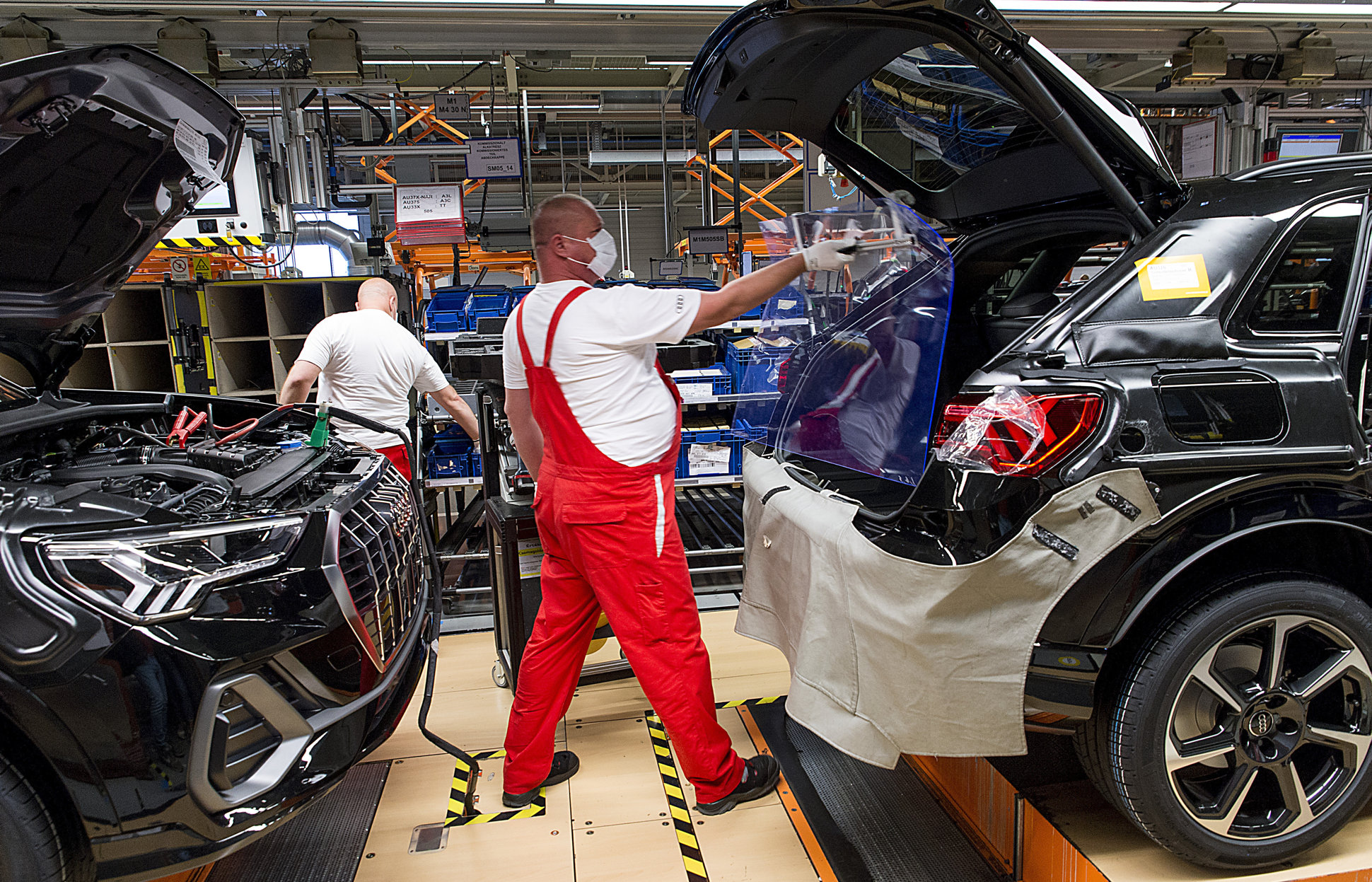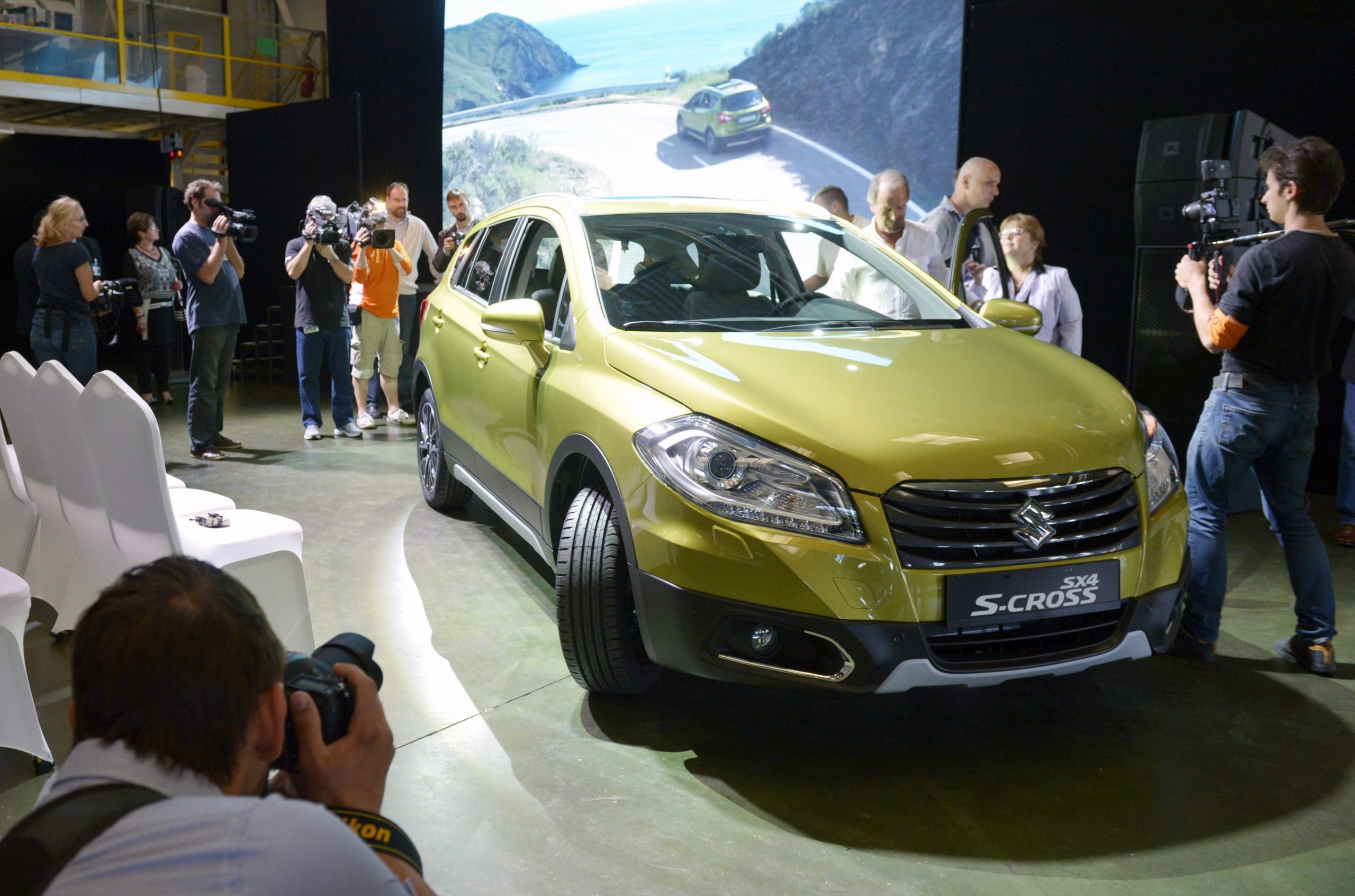
15% of Hungary's exports are made up of cars and car parts. But every single passenger car built in Hungary belongs to a foreign company.Continue reading

As a result of the global chip shortage, the constant delays in the delivery of components, the inflation of Hungary’s currency, as well as the increase in list prices, the Hungarian new car market continued to shrink in 2021. Fewer vehicles were sold in 2021, but the previously preferred brands performed well this year as well. In terms of passenger cars, Suzuki continues to lead the way, while Ford managed to dominate in the category of light commercial vehicles.
This article was originally published on our sister-site, Ungarn Heute.
Only 121,920 new passenger cars were registered in Hungary in 2021, a decrease of 4.8 percent compared to the year of 2020, both of which were shaken by the pandemic. This figure even fell short of the expectations of importers, who had originally anticipated 126,000 new registrations.
As far as the individual brands are concerned, Suzuki continued to lead with 17,650 cars with a share of 14.5 percent, which means the Japanese car-maker has been leading the market in Hungary for six years now. This is mainly thanks to the Vitara and SX4 S-Cross models, which are manufactured in Esztergom, north of Budapest.
Second place goes to Toyota with 12,077 new registrations and with a share of almost 10 percent, followed by Ford, Kia, and Skoda. New in the top 10 is Mercedes with 5,680 cars and a share of 4.7 percent. It is also worth noting that a total of 184 Teslas were sold in Hungary in 2021.
In terms of the individual categories, Sport utility vehicles (SUVs), were clearly in the lead with over 55,000 new registrations, followed by the compact class with 27,614, and small cars with 11,318 new registrations.
In 2021, a total of 22,984 light commercial vehicles were sold, representing a growth of 4.3 percent compared to 2020, despite the pandemic. The best-selling brand was Ford with 6,559 new registrations and a market share of 29 percent. Renault was in second place with 2,878 cars, and Fiat in third with 2,593 cars. As a result, in this category the initial expectations of importers of 22,000 cars were thus exceeded by 4.5 percent.
Featured photo illustration by László Beliczay/MTI